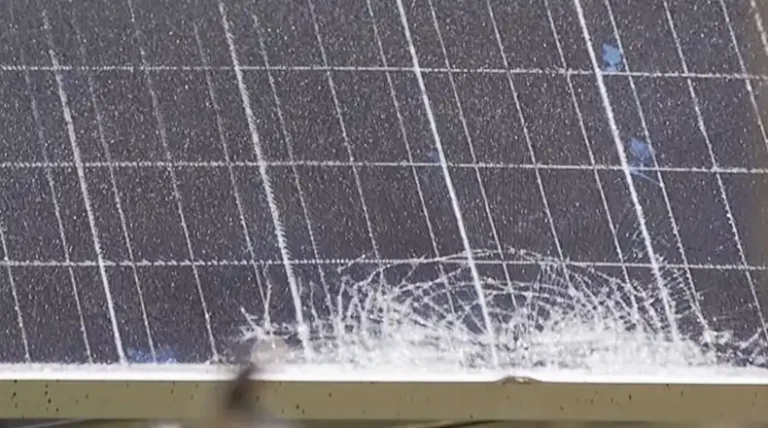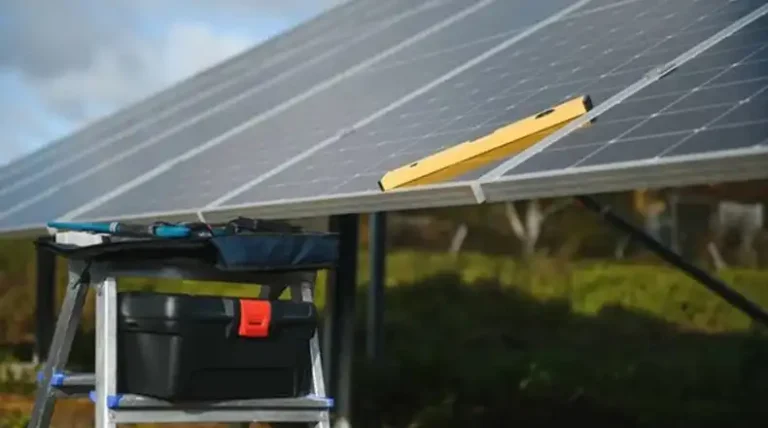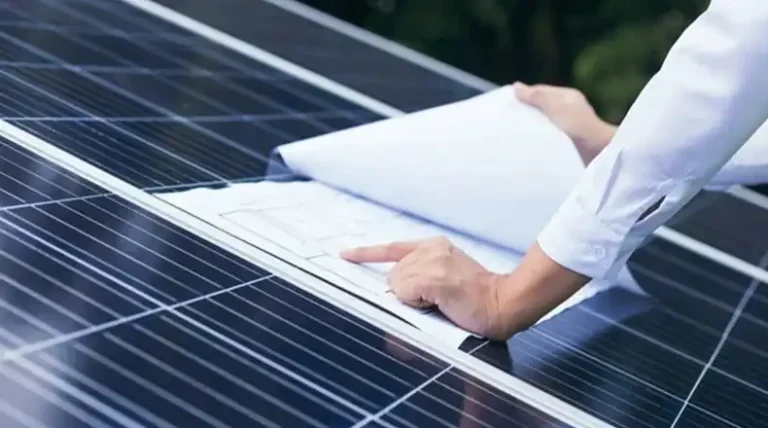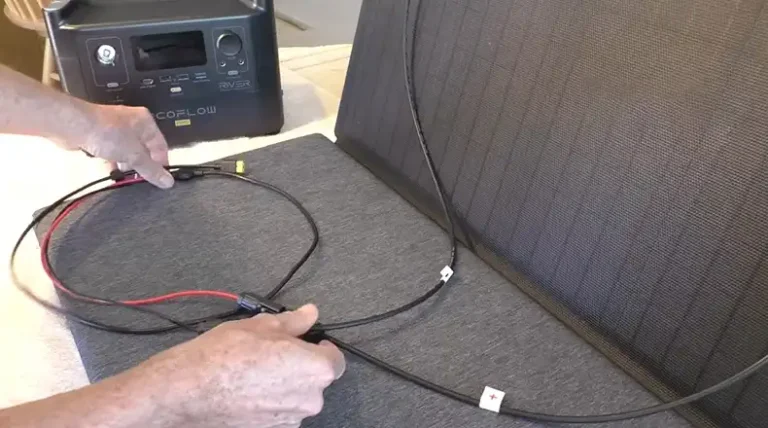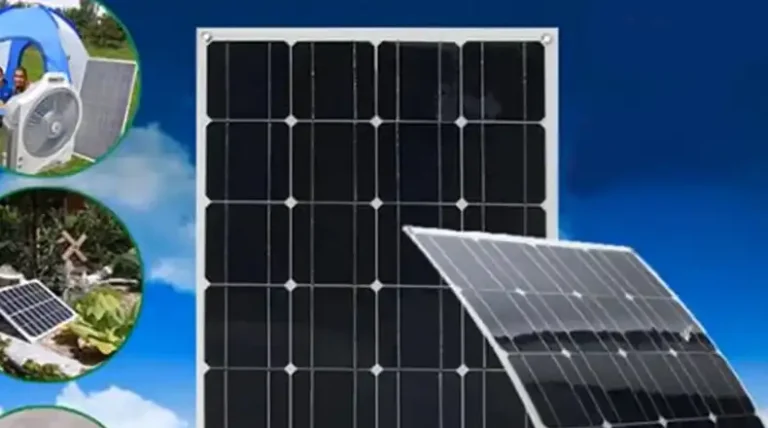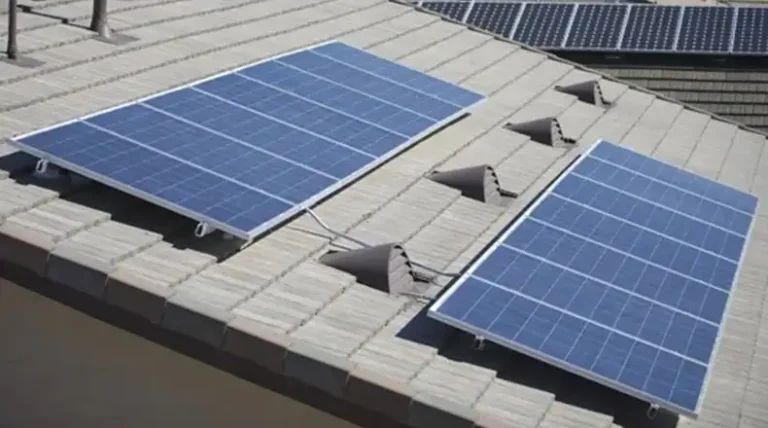Is a 100 Watt Solar Panel Enough for Camping?
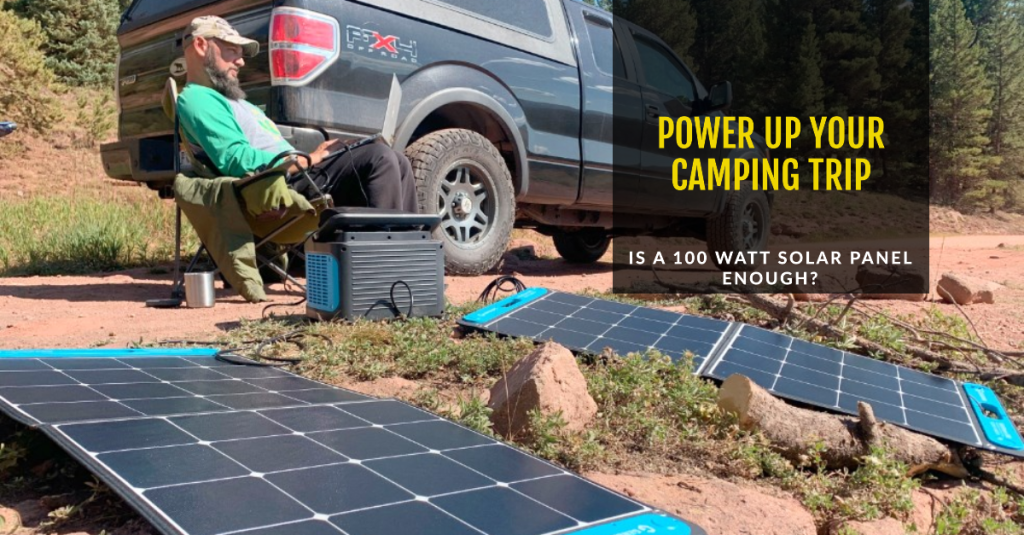
When planning your next outdoor adventure, power management is a crucial consideration. Many campers are turning to solar energy as a clean, quiet, and renewable power source. Among the options available, 100-watt solar panels have gained popularity due to their balance of portability and power output. But the question remains: Is a 100-watt solar panel enough for camping? The short answer is that it depends on your specific needs, but for many campers, a 100W panel can indeed suffice. Let’s dive deeper into this topic to help you make an informed decision.
Typical Camping Power Needs
To determine if a 100W panel is enough, we need to consider typical camping power requirements. Here’s a table of common camping devices and their approximate power consumption:
| Device | Power Consumption (Watts) | Daily Usage (Hours) | Daily Energy Need (Watt-hours) |
| LED Lantern | 1-3 | 4 | 4-12 |
| Smartphone | 2-6 | 2 (charging) | 4-12 |
| Tablet | 10-20 | 2 (charging) | 20-40 |
| Laptop | 30-70 | 2 | 60-140 |
| Portable Fridge | 30-60 | 8 | 240-480 |
| Electric Cooler | 40-50 | 6 | 240-300 |
| Portable Fan | 3-5 | 6 | 18-30 |
| GPS Device | 1-2 | 2 (charging) | 2-4 |
As you can see, a single 100W panel generating 300-400 watt-hours per day could potentially power several small devices or one larger device like a portable fridge.
Is a 100W Solar Panel Enough?
The sufficiency of a 100W panel depends largely on your camping style and power needs. Let’s explore some common scenarios:
- Short Weekend Trips: For short trips where you mainly need to charge phones, and tablets, and run LED lights, a 100W panel is often more than adequate. You could even power a small electric cooler intermittently.
- For Minimalist Campers: If you embrace a back-to-basics approach, using minimal electronics, a 100W panel will likely meet all your needs, even for extended trips.
- Tech-Savvy Camper: If you bring along laptops, cameras, and other power-hungry devices, a 100W panel might suffice for shorter trips but could fall short on longer adventures.
- Family Camping: With multiple people charging devices and possibly running a portable fridge, a single 100W panel may struggle to keep up, especially on cloudy days.
- RV Camping: While a 100W panel can contribute to your power needs, it’s usually insufficient as the sole power source for an RV, which often requires 300W or more.
How to Maximize the Efficiency of Your 100W Panel
To get the most out of your 100W panel, consider these tips. First of all, go for optimal placement. Position your panel to face the sun directly, adjusting its angle throughout the day if possible.
Use a power bank to store excess energy for use during cloudy periods and nights. Always prioritize your power needs. Charge essential devices first and limit the use of high-consumption appliances. In fact, invest in energy-efficient devices. This will make your life a lot easier during all types of camping.
Finally, be mindful of seasonal changes. In winter, when daylight hours are short, adjust your power usage or consider supplementary power sources.
Other Solar Panel Options
While a 100W panel is versatile, it’s worth considering other options. Here’s a table comprising other popular solar panel options for camping:
| Panel Size | Pros | Cons | Ideal For |
| 50W | Lightweight, very portable | Limited power output | Backpacking, charging small devices |
| 100W | Good balance of power and portability | May not meet high power demands | Weekend camping, basic power needs |
| 200W | Higher power output | Heavier, less portable | Extended trips, powering fridges |
| Flexible | Highly portable, can curve | Usually less efficient, more expensive | Mounting on curved surfaces, kayaking |
As you can see from the table above, while a 100-watt panel can suffice for light camping needs, it can fall short when you need to operate heavy appliances like fridges or microwave ovens, especially if you are RV camping. Other than that, a 50-100W panel is a great option to keep your lights on during those short and fun camping trips.
Bottom Line
A 100W solar panel can indeed be sufficient for many camping scenarios, especially for weekend trips or minimalist campers. It offers a good balance of portability and power output, capable of charging multiple small devices or running a small fridge. However, for power-intensive needs or longer trips, you might need to consider larger panels or multiple 100W panels.
When deciding, consider your typical power consumption, the length of your trips, and the type of camping you do. If you’re unsure, start with a 100W panel and a power bank. You can always add more panels later if needed.

